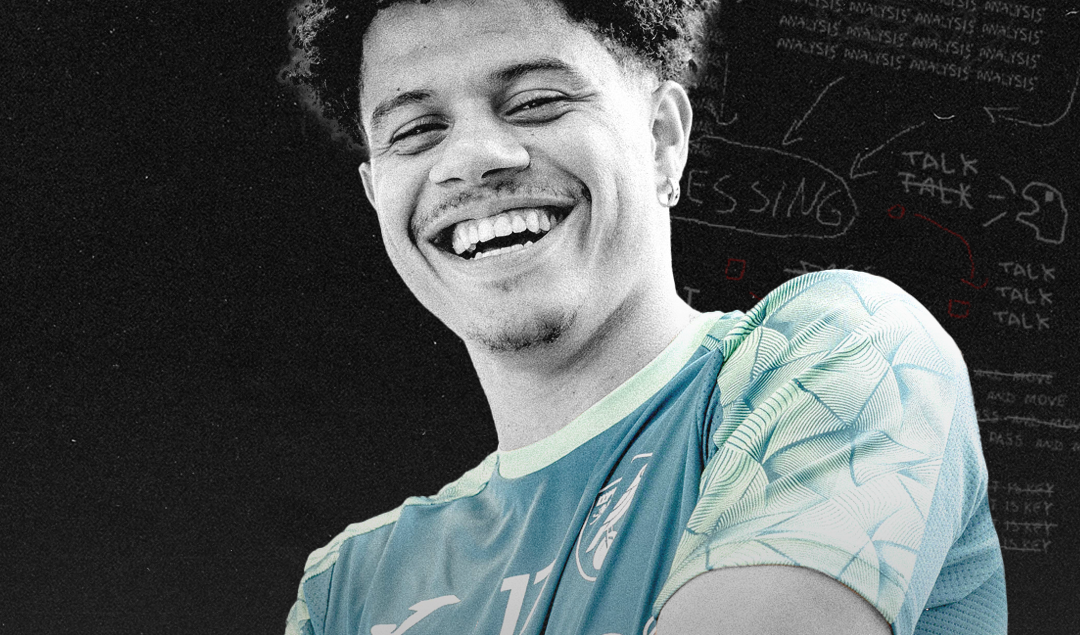The Science Behind Near-Miss Effects in Slot Games
You’re sitting at your favourite local casino in London, enjoying a few punts with the lads. With a few taps on the slot machine gaming screen, the reels start spinning. First symbol-match, second symbol-match, you hold your breath, and the bustling activity around you stops for a moment, as you are on the cusp of victory. Unfortunately for you, the third deciding symbol is just a notch off. Whew! That was a close call. Besides the obvious tinge of disappointment that you feel from having been so close to losing your win at the death, there’s an overwhelming feeling urging you to get on with it. You’re close to unlocking your win. Before you know it, you become so overwhelmed by this feeling that your fingers are on the spin button again, raring to go for another round.
What you’ve just experienced isn’t a coincidence or poor luck. Rather, it is a concerted and targeted strategy that casinos and premier iGaming institutions like Fortunica casino employ. It is what is commonly referred to in psychology as the near-miss effect. In essence, these types of losses aren’t the same as outright losses you experience where you were never close to getting a win. Rather, these types of losses are considered more dangerous because they don’t come with a feeling of loss. It feels like a taste of victory. And that feeling is highly addictive. Casinos and online gaming sites know this, and they fully leverage it to their advantage, especially when it comes to slot games.
The Concept of the Near-Miss: A Masterstroke in Psychology Engineering
The modern online casino gaming industry is one of the most competitive industries in the world. There are thousands of sites out there looking to get the attention of a notoriously insatiable market that is flooded with options. To stand out in this brutally competitive realm, iGaming sites have to put their best foot forward. This is why you’ll notice many modern slot games feature well-tuned psychological experiences designed to convince punters to visit the site again, and to ultimately stay for the long haul. From flashy visuals, engaging soundtracks, to an overall immersive spinning environment, every aspect of gaming today is tailored to heighten engagement.
Be that as it may, this psychological construct of near misses might have been the industry’s finest work today in terms of enhancing engagement and overall player retention. Unlike normal losses, where you feel completely defeated, these defeats whisper “you were almost there” to the punter. With each passing play and near miss, this whisper gets louder and louder, urging the player to keep spinning.
Cognitive research studies have previously shown that these types of defeats light up the same reward pathways as actually registering wins.
The High of Almost Winning
In traditional online casino games like Poker or Roulette, a loss is simply just that- a loss. However, in modern slot games, where the margins may be blurred, a loss may be interpreted as a close call. As we explained before, your brain won’t interpret this action as defeat. Rather, it spins this experience from a motivational perspective. It interprets it a a positive cue, that you are on the right track, and that success is within reach. This concept keeps you going and hoping that your next spin might be “the one”.
Logically, any avid gamer will know that every spin is an isolated event from the next. This is because slot machines are powered by Random Number Generators (RNG) that are tasked with ensuring that every outcome is arbitrary. This directly contradicts the inherent belief that a near-miss experience elicits. Players often fall into a belief system that the last result will ultimately influence their next result.
This can be best explained by the expectancy theory, which stipulates that people are more likely to act when they anticipate a rewarding outcome. In our context, these close calls enhance the expectation, making gamers believe that their jackpot win is one spin away.
Emotions Driving This Concept
What makes these experiences especially dangerous to the gamer is the emotional reactions that they bring about in the individual. These experiences may best be described in the following order of events:
- Frustration: An anger of being denied something you were so close to getting
- Excitement: The thrill of imagining what could have been
- Hope: A coping mechanism that maybe the next spin could ultimately unlock your win
The Illusion of Control
One of the most deceptive effects of such experiences on gamers playing slots is how they create a sense of control. Gamers, even with the knowledge of the RNG software powering the process, often hold misguided beliefs that they control the outcomes of the game. Experiencing near misses sort of reinforces this untrue belief. It tricks punters into believing that they are becoming better at the game, and are now close to cracking the code.
Why Players Keep Going Back
The near-miss effect turns losses into perceived progress. Ultimately, many gamers see it as a motivating factor to push on. This is a goldmine for casinos and iGaming sites, which they fully leverage. With players having this knowledge, the gaming field can be balanced, and they’ll be careful not to be drawn in by design, rather than the perceived destiny that our psyche wants us to believe.
